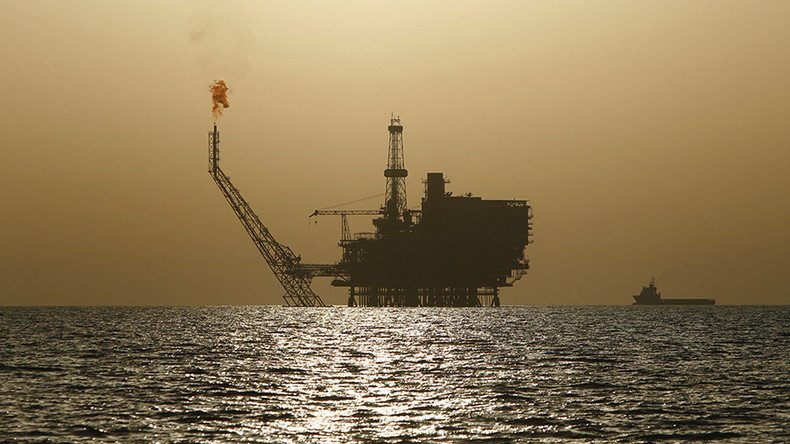‘Largest discovery’ of oil off Scottish coast could raise chances of independence

An oil exploration company has hailed the “largest undeveloped discovery” of oil in UK waters, to the west of Shetland in Scotland. The find could influence the outcome of a second Scottish independence referendum.
Hurricane Energy said the discovery, from which an estimated 1 billion barrels could be extracted, is significantly larger than the average findings of 25 million barrels in recent years.
Hurricane’s chief executive officer, Robert Trice, said there are “exciting times” ahead for the company, which has seen its shares jump 6 percent following the announcement of the Greater Lancaster Area discovery.
“This is a highly significant moment for Hurricane,” said Trice, the BBC reports.
“We believe that the Greater Lancaster Area is a single hydrocarbon accumulation, making it the largest undeveloped discovery on the UK Continental Shelf (UKCS).”
The news comes after oil prices plummeted to a three-month low, sparking questions over whether an independent Scotland could financially manage on its own if it chose to split from the UK.
“While Brexit has, of course, added a new dimension, the economic concerns that led the majority in Scotland to vote to remain a part of the UK have not disappeared,” said Dean Turner, an economist at UBS Wealth Management, according to the Independent.
“Scottish GDP (gross domestic product) lags behind the UK and declining oil revenues have raised questions over the fiscal sustainability for an independent Scotland – especially if it intends to retain the pound."
This gloomy forecast could be reversed if major revenues can be raised from the vast new discovery.
Hurricane Energy believes the Lancaster and Halifax oil fields actually constitute one single entity in a kilometer (1,156m)-deep column.
“I am delighted that the Halifax well results support the company's view that its substantial Lancaster discovery has been extended to include the Halifax license,” Trice was reported saying on STV.
Hurricane Energy, which claims to have found more oil in the UK in the past decade than any other exploration company, plans to start oil production at the Lancaster field in 2019.
However, the company reportedly needs around £318 million (about US$400 million) in order to develop its plans.
Hurricane Energy tends to center its operations on geological areas that are often overlooked, and does so through a succession of drilling blocks in the West of Shetlands, which it names after RAF aircraft such as Typhoon and Warwick.
Despite being hailed the “largest undeveloped discovery” in UK waters, the find is still just one fifth of the size of the Forties field, which has a capacity of 5 billion barrels, 2 billion of which have already been extracted.
Deirdre Michie, chief executive of industry body Oil and Gas UK, has welcomed the announcement, saying it proves the UK Continental Shelf (UKCS), the water regions surrounding the UK where the country can claim mineral rights, still has a prospect for growth.
“This is extremely exciting and welcome news for the UK Continental Shelf,” Michie said, according to the BBC.
“Hurricane Energy’s announcement – coming just days after the Oil and Gas Authority awarded new licenses to companies to explore for oil and gas in frontier areas – demonstrates the significant remaining potential of the UKCS.
“Signs of optimism, mainly led by exploration and production companies, are returning to the basin, which has worked hard to reduce its costs and improve efficiency.”
Michie also stressed the importance of investment.
“However, the UKCS needs fresh investment so it can capitalize on its potential, whether that be from new geological plays, or from enhanced recovery from existing fields.
“There are still up to 20 billion barrels of oil and gas to go after in the UKCS and we believe that makes the basin a very positive investment prospect indeed.”














